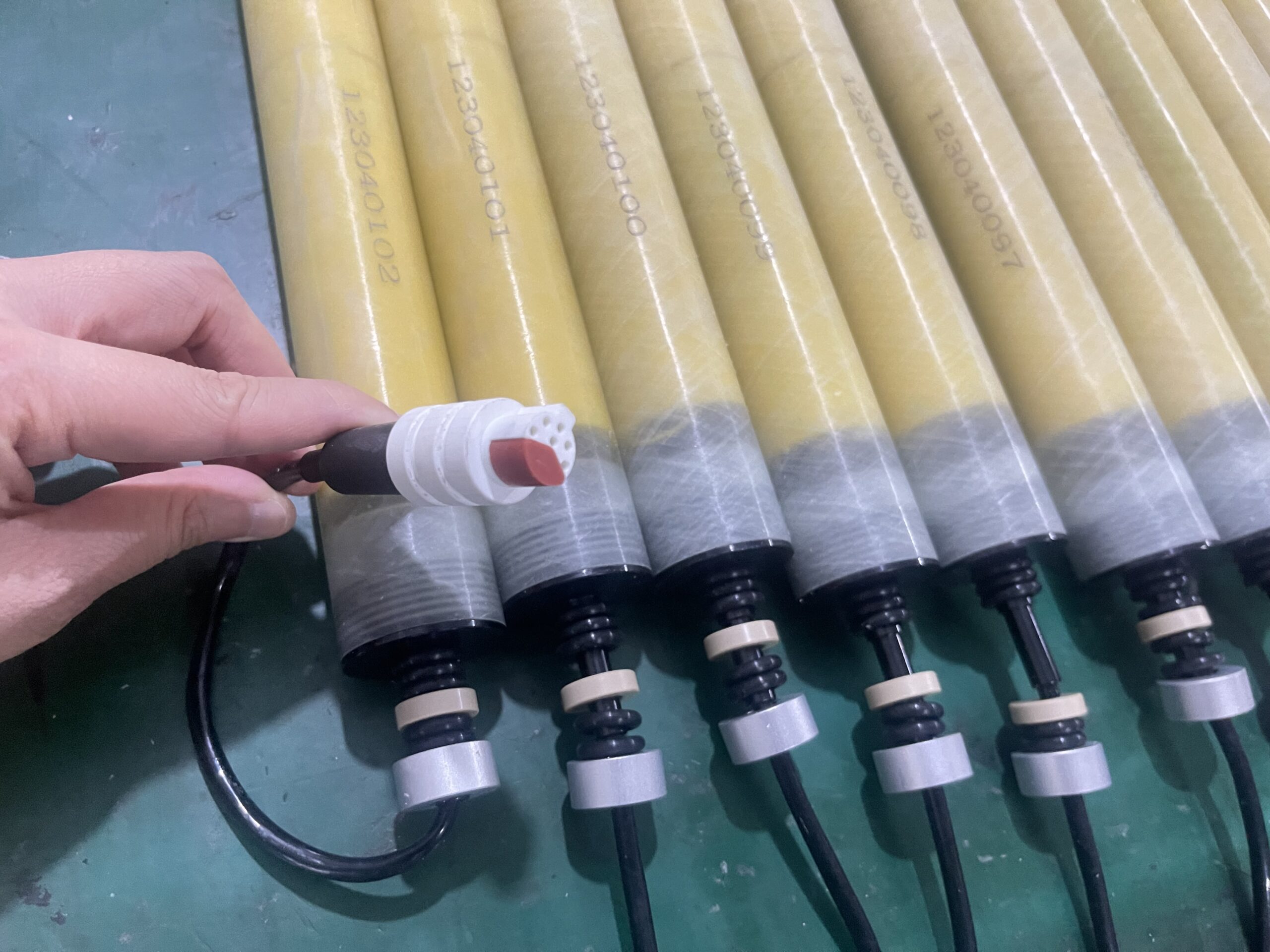Lithium polymer (LiPo) batteries are a type of rechargeable battery commonly used in various electronic devices, including smartphones, tablets, drones, and remote-controlled vehicles. Proper storage of LiPo batteries is essential to ensure their longevity, safety, and optimal performance. Here are some important things to know about LiPo battery storage:
Temperature: LiPo batteries should be stored at room temperature, typically between 20°C and 25°C (68°F and 77°F). Extreme heat or cold can cause damage to the battery and reduce its lifespan.
Charge Level: Before storing LiPo batteries for an extended period, it’s crucial to ensure they are not fully charged. Ideally, the batteries should be stored with a charge level between 40% and 60%. This helps prevent over-discharging or overcharging during storage, which can lead to performance degradation or even battery failure.
Discharge Rate: LiPo batteries should not be stored for an extended period if they are fully discharged. Complete discharge can cause the battery voltage to drop too low, leading to irreversible damage. If a LiPo battery is discharged below a certain threshold, it may become unsafe or permanently unusable.
Storage Container: When storing LiPo batteries, it is recommended to place them in a fireproof storage container specifically designed for LiPo batteries. These containers are typically made of metal or other non-flammable materials and can help contain any potential fire that may occur due to battery malfunction or damage.
Avoid Physical Damage: LiPo batteries should be stored in a location where they are protected from physical damage. Avoid placing heavy objects on top of the batteries or storing them in a way that may cause them to be crushed or punctured.
Ventilation: It is important to store LiPo batteries in a well-ventilated area. This helps dissipate any gases that may be released if the battery malfunctions or deteriorates over time.
Regular Inspection: Even when LiPo batteries are in storage, it’s advisable to periodically inspect them for signs of damage, swelling, or leakage. If any such issues are detected, the battery should be properly disposed of following the recommended guidelines.
Remember that LiPo batteries can be potentially dangerous if mishandled or improperly stored. Following the manufacturer’s instructions and adhering to proper storage practices can help ensure the longevity and safety of your LiPo batteries.
What are the lipo batteries used for?
LiPo batteries, short for Lithium Polymer batteries, are widely used in various applications due to their favorable characteristics. Here are some common uses of LiPo batteries:
Consumer Electronics: LiPo batteries power a wide range of consumer electronics devices such as smartphones, tablets, laptops, digital cameras, portable gaming consoles, and smartwatches. Their high energy density and compact size make them ideal for these portable devices.
Remote Control Vehicles: LiPo batteries are extensively used in remote control cars, boats, drones, and other hobbyist vehicles. They provide high power output, allowing these vehicles to achieve high speeds and perform aerial maneuvers. Their lightweight nature also helps improve overall performance.
Radio-Controlled Aircraft: LiPo batteries are popular in radio-controlled aircraft, including airplanes, helicopters, and quadcopters. These batteries offer high discharge rates and lightweight properties, enabling the aircraft to have extended flight times and perform aerobatic maneuvers.
Electric Vehicles (EVs): LiPo batteries are used in electric vehicles, including electric cars, electric bikes, and electric scooters. They provide the necessary power and energy storage capacity to propel the vehicles, offering a cleaner and more sustainable alternative to internal combustion engines.
Portable Power Banks: LiPo batteries are utilized in portable power banks or external battery packs, which allow users to charge their mobile devices on the go. These power banks offer a convenient source of backup power when access to a wall outlet is limited.
Medical Devices: LiPo batteries are employed in various medical devices, including wearable health monitors, insulin pumps, portable oxygen concentrators, and other portable medical equipment. The lightweight and compact form factor of LiPo batteries makes them suitable for these applications.
Robotics: LiPo batteries are commonly used to power robots and robotic systems. Their high energy density and ability to deliver high currents are advantageous for powering the motors and electronics of robots, enabling them to perform complex movements and tasks.
Portable Lighting: LiPo batteries are found in portable lighting devices such as LED flashlights, headlamps, and camping lanterns. They provide a lightweight and rechargeable power source for illumination in outdoor and emergency situations.
Overall, LiPo batteries are versatile and find applications in numerous industries and consumer products that require portable, high-energy, and rechargeable power sources. Their compact size, high energy density, and ability to deliver high currents make them a popular choice for many electronic and portable devices.
